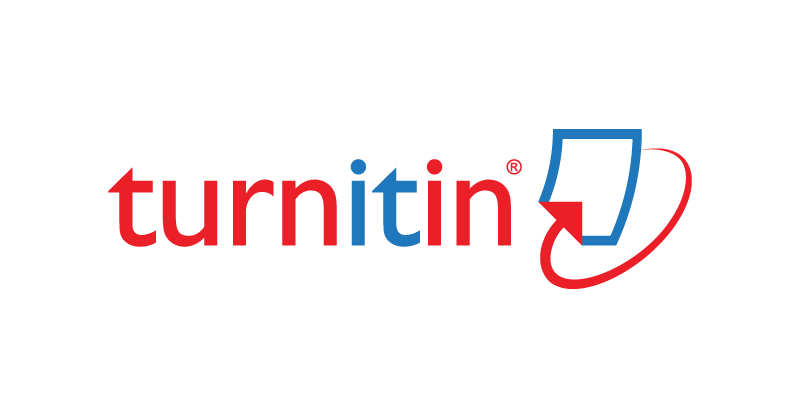The Effect Of Pandemic On Human Character As An-Nass In Students Of Pai Uin Sunan Kalijaga Yogyakarta
Kata Kunci:
Students, Character, An-nass, Students, Character, An-Nass, Pandemic, Help each other, Help each otherAbstrak
Introduction to The Problem: The COVID-19 pandemic has had a major impact on society. not only physical changes, but psychological changes in the form of character become a serious problem. Purpose: The presence of this research is to find out the response to the pandemic disaster, whether it will then make humans, especially students, strengthen mutual cooperation, help others as a social human being in the Al-Quran called An-Nass. Through communities, student organizations, or community groups in participating in social humanity during a pandemic disaster. Design/methods/approach: This research is a quantitative research, where the data collected is the result of data obtained through a questionnaire (questionnaire). Sampling used a cluster sampling technique with 70 PAI student respondents, while the research location was at UIN Sunan Kalijaga Yogyakarta. Data collection techniques in this study used a questionnaire through the Google form. Data analysis techniques used simple linear regression analysis with the help of SPPS version 25 software. Findings: The results showed that in the presence of a pandemic disaster, the average student with social human character (An-Nass) showed a significant negative effect of 16.6%, while 84.4% of PAI students improved their social character by helping each other, one each other not only during the pandemic. Research implications/limitations: The results of this research can be a simple guide for future researchers regarding human character, especially related to the impact of the Covid pandemic. Originality/value: This study found important findings that human character when facing problems together, the attitude of helping each other and helping each other is a character that appears a lot.
Unduhan
Unduhan
Diterbitkan
Cara Mengutip
Terbitan
Bagian
Lisensi
Hak Cipta (c) 2023 Linguanusa : Social Humanities, Education and Linguistic

Artikel ini berlisensiCreative Commons Attribution-ShareAlike 4.0 International License.















